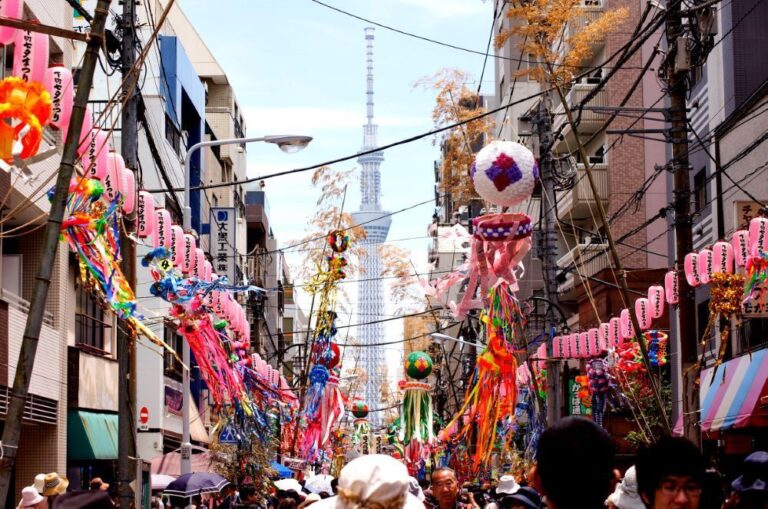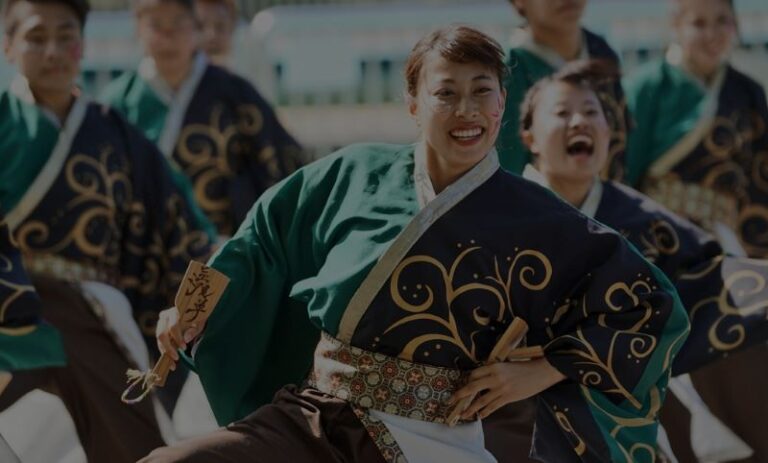OBon is a traditional Japanese festival that takes place in mid-August. It is a time when families gather to honor their ancestors and pay respect to the spirits of the dead. The festival is steeped in tradition and has been celebrated for centuries in Japan.
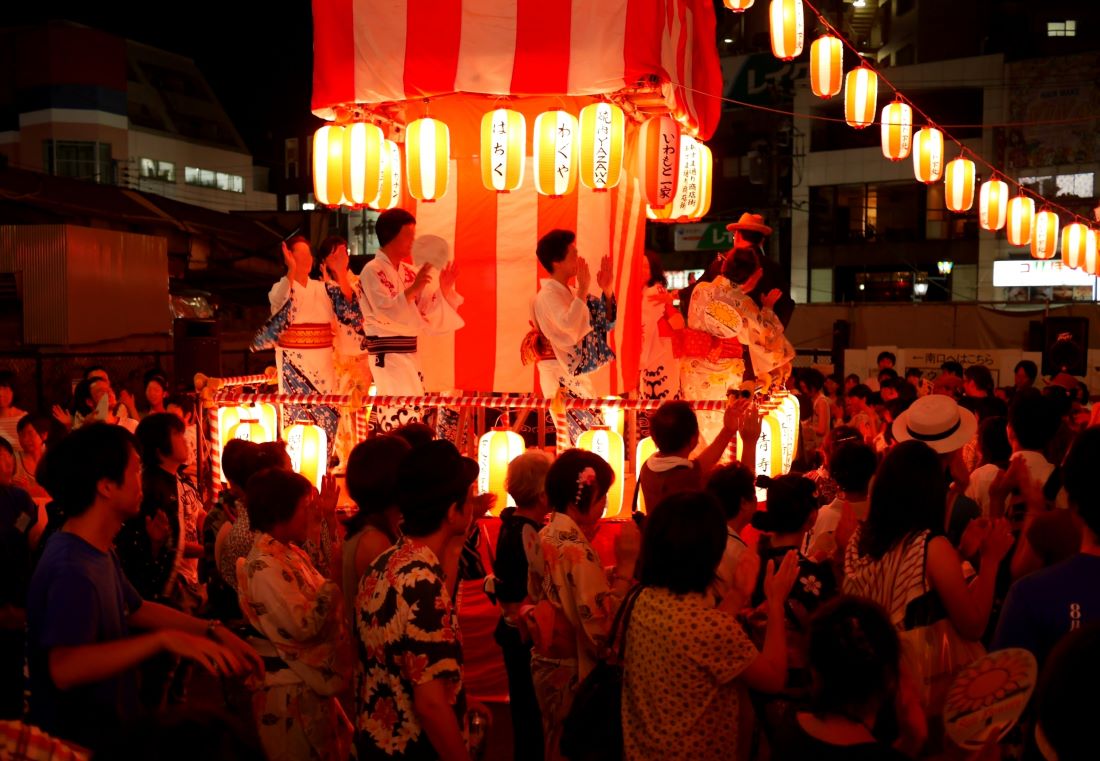
During OBon, families clean and decorate their homes, light lanterns, and prepare special foods. They also visit their local temples to offer prayers and light incense. The festival is marked by a unique dance called the Bon Odori, which is performed by people of all ages in communities across Japan.
OBon is a time of reflection, remembrance, and gratitude. It is a celebration of life and the cycle of birth, death, and rebirth. Although the festival has its roots in Buddhist and Confucian traditions, it has become an important cultural event that is celebrated by people of all faiths and backgrounds in Japan and around the world.
History of OBon
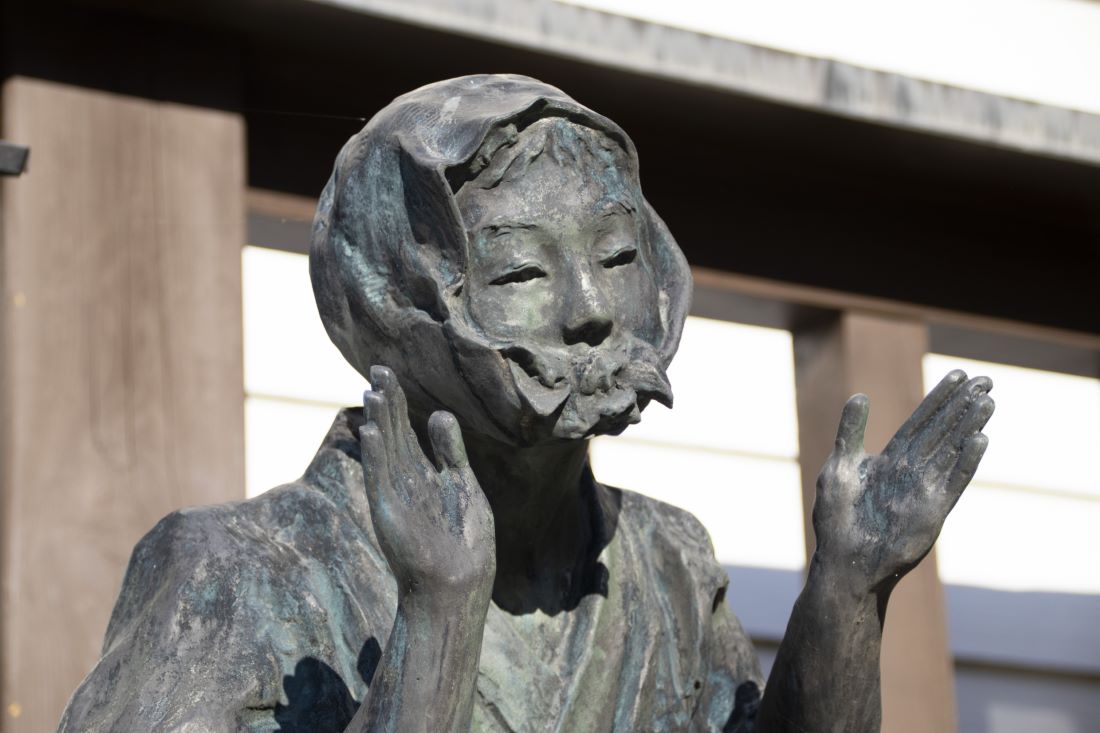
OBon is a Japanese Buddhist custom that honors the spirits of ancestors. It is a three-day event that takes place in mid-August. The festival is also known as the “Festival of Souls” or “Festival of Lanterns.” The history of OBon dates back over 500 years, and the tradition has evolved over time.
The origins of OBon can be traced back to a Buddhist sutra called “Ullambana Sutra.” According to the sutra, a disciple of Buddha named Maudgalyayana used his supernatural powers to see that his mother had been reborn into the realm of hungry ghosts. He discovered that his mother was suffering, and he wanted to help her. Maudgalyayana went to Buddha for advice, and Buddha suggested that he make offerings to the monks who had just completed their summer retreat. When Maudgalyayana made the offerings, his mother was released from the realm of hungry ghosts.
The tradition of making offerings to the monks during the summer retreat evolved into the OBon festival. The festival is a time for families to come together and honor their ancestors. During the festival, families clean their homes and prepare offerings of food and drink for their ancestors. They also light lanterns and place them outside their homes to guide the spirits of their ancestors back to the world of the living.
Traditions and Customs
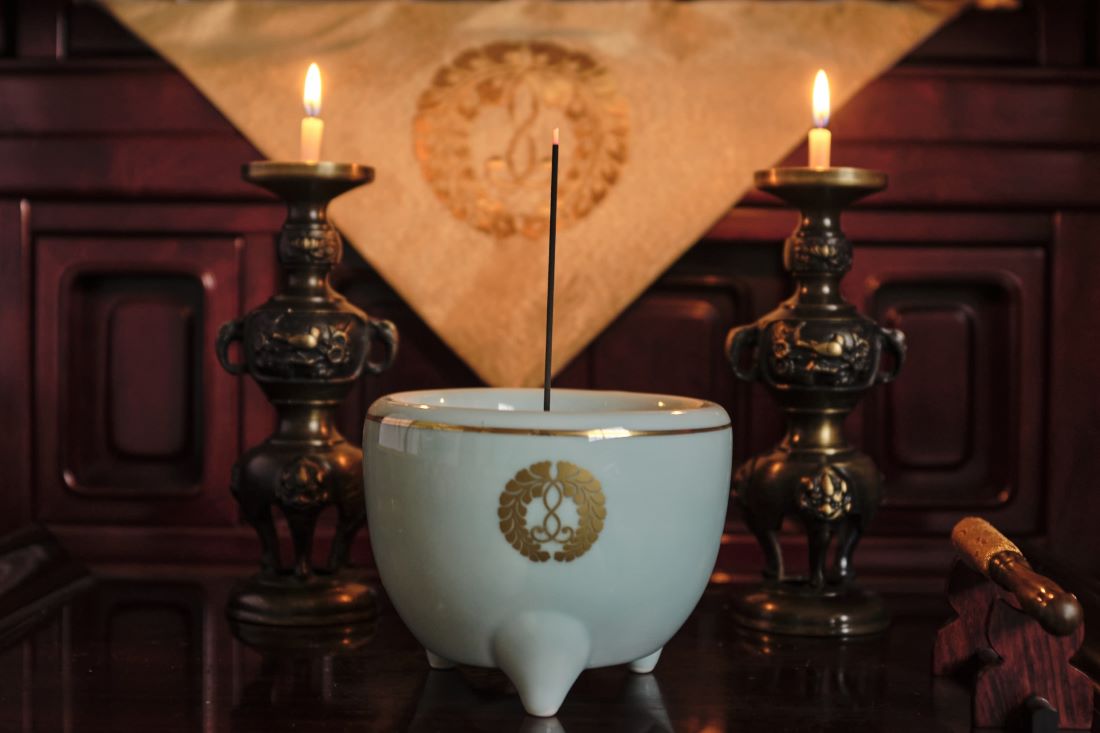
OBon is a time for Japanese people to honor and remember their ancestors. It is a time when families come together to participate in various traditions and customs.
One of the most important traditions is the lighting of lanterns. Families will often decorate their homes with lanterns and place them outside to guide the spirits of their ancestors back home. In addition to lanterns, families will also often clean their homes and prepare special food offerings, such as fruits and vegetables, for their ancestors.
Another important custom during OBon is the Bon Odori dance. This is a traditional dance that is performed during the festival to honor the spirits of the ancestors. The dance is typically performed in a circle around a central tower, and it is accompanied by traditional music.

Finally, OBon is also a time for families to visit the graves of their ancestors. This is a time for families to pay their respects and offer prayers and offerings to their ancestors. It is a solemn and important tradition that is deeply rooted in Japanese culture.
Festivities and Celebrations
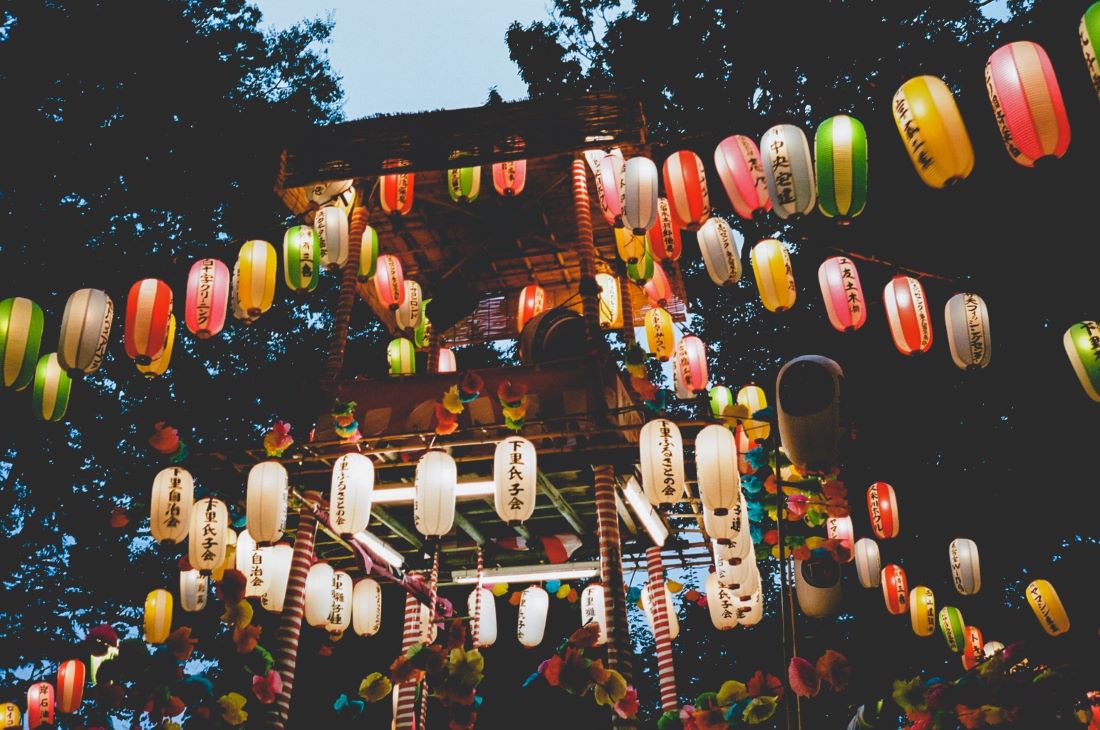
OBon is a time of both solemn remembrance and lively celebration. The first day of the festival is typically spent cleaning and decorating ancestral graves with flowers, lanterns, and other offerings. Many families also prepare special meals and offerings to place on the graves of their loved ones.
As night falls, the atmosphere shifts to one of celebration. Bon Odori, or traditional Japanese folk dances, are performed in the streets and at local festivals. These dances are often accompanied by live music and taiko drumming, and are a lively and colorful celebration of life and community.
- Traditional foods such as somen noodles, watermelon, and edamame are enjoyed during the festival.
- Many families also set up small altars in their homes to welcome the spirits of their ancestors.
- Fireworks displays are a popular way to cap off the festivities, with many cities and towns putting on elaborate shows.
OBon is a time for reflection, remembrance, and celebration. Whether it is spent honoring ancestors, participating in traditional dances, or simply enjoying the company of friends and family, it is a time to come together and celebrate the bonds that connect us all.
Significance of OBon Today
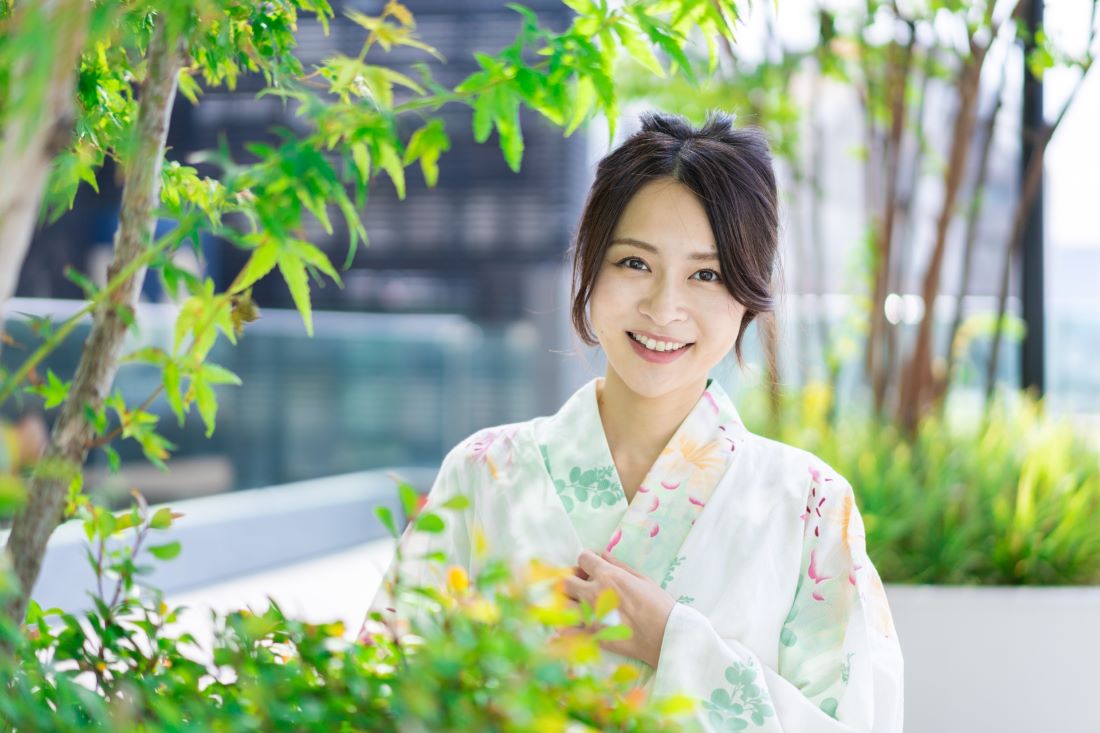
OBon is a festival that has been celebrated for centuries in Japan. Today, it remains an important cultural event that brings families together and honors the spirits of ancestors. Here are some of the ways OBon is significant in modern times:
- Family Reunions: OBon is a time for families to come together, often from different parts of the country, to honor their ancestors and spend time with one another. It is a time for sharing stories, memories, and traditions.
- Cultural Preservation: OBon is an important part of Japanese culture and heritage. By celebrating the festival, people are able to keep traditions alive and pass them down to future generations.
- Spiritual Significance: OBon is believed to be a time when the spirits of ancestors return to the world of the living. By offering food, drinks, and other gifts at family altars and gravesites, people are able to honor and remember their loved ones who have passed away.
Overall, OBon is a time for reflection, remembrance, and celebration. It is a time to honor the past, connect with family, and look towards the future.


